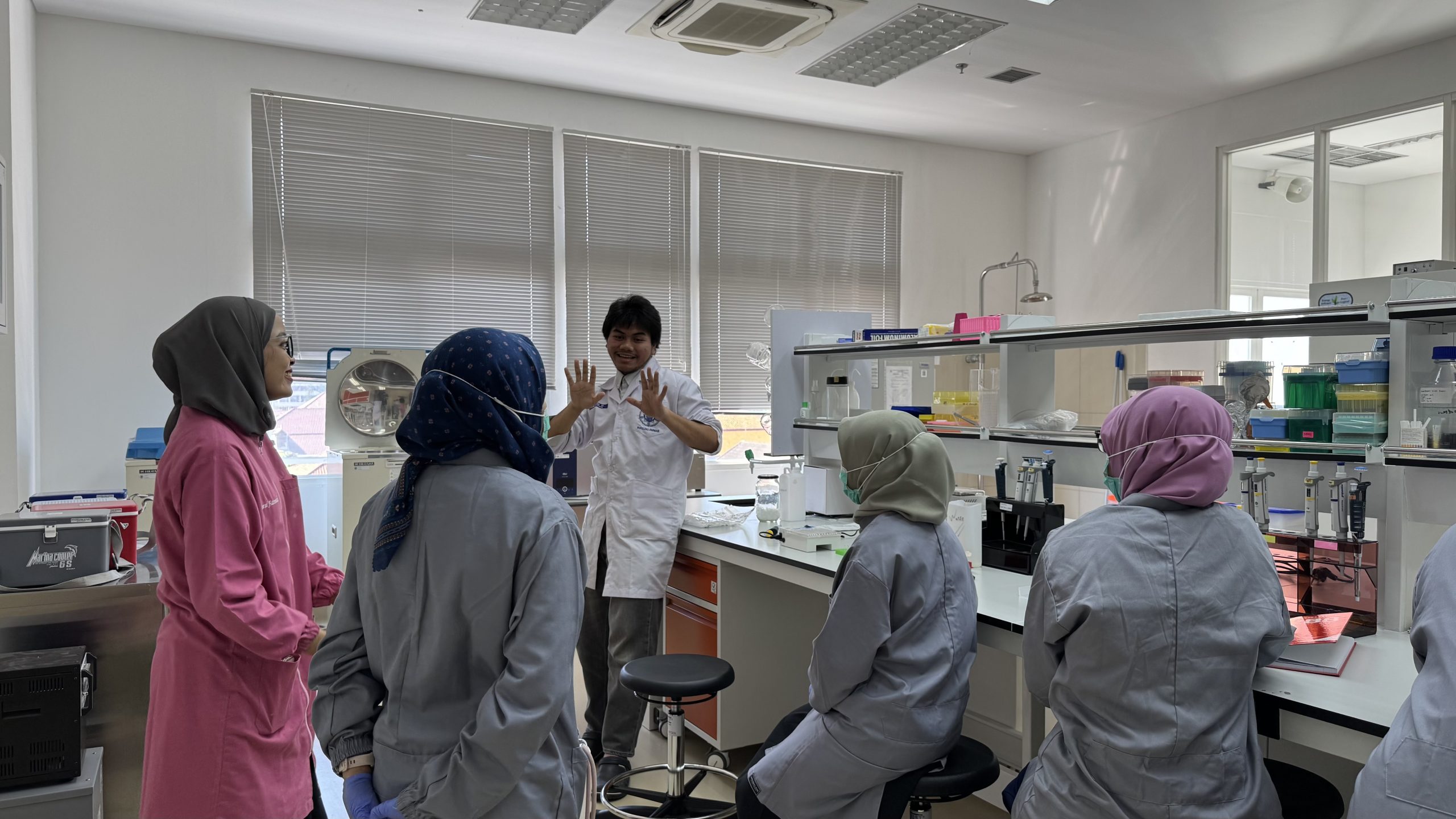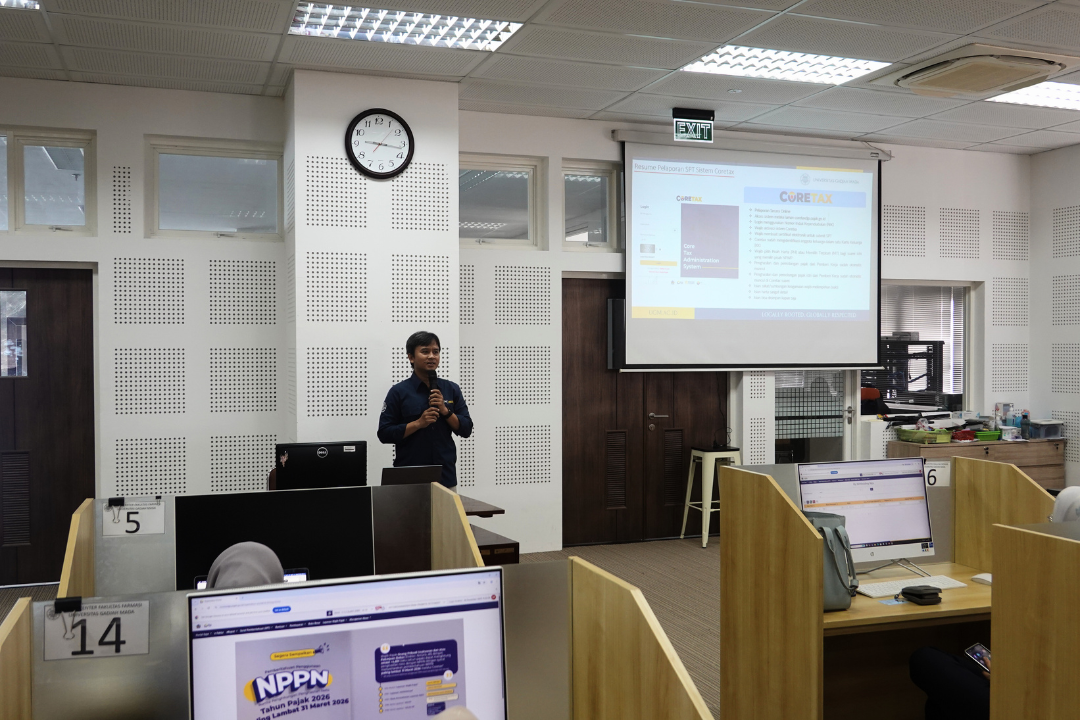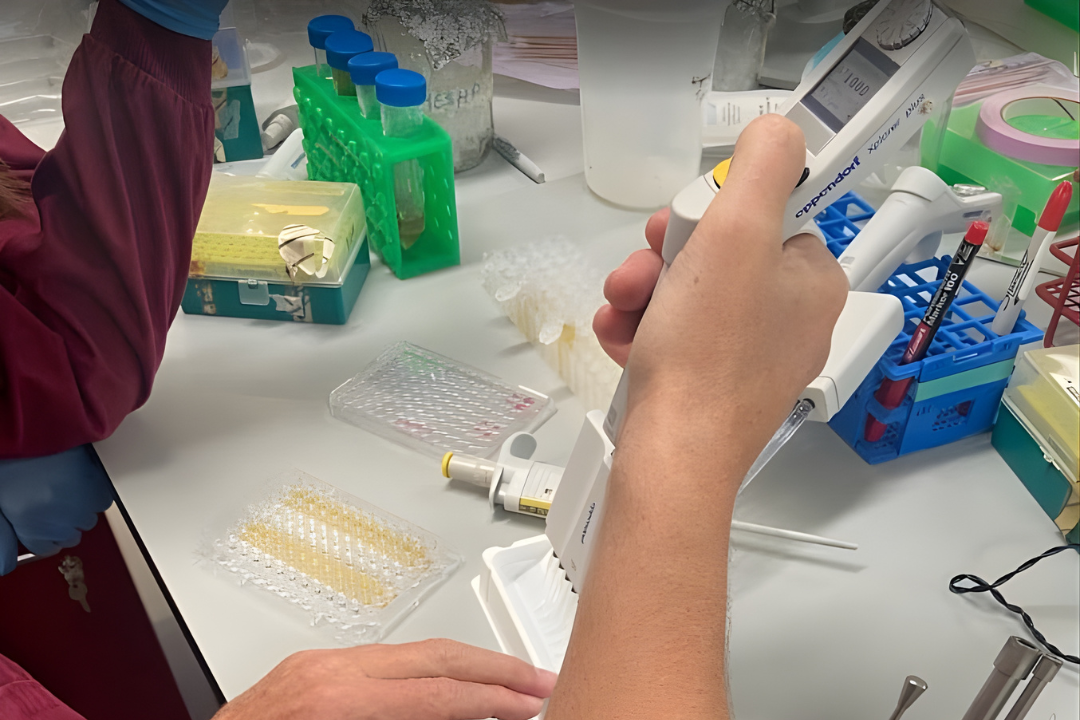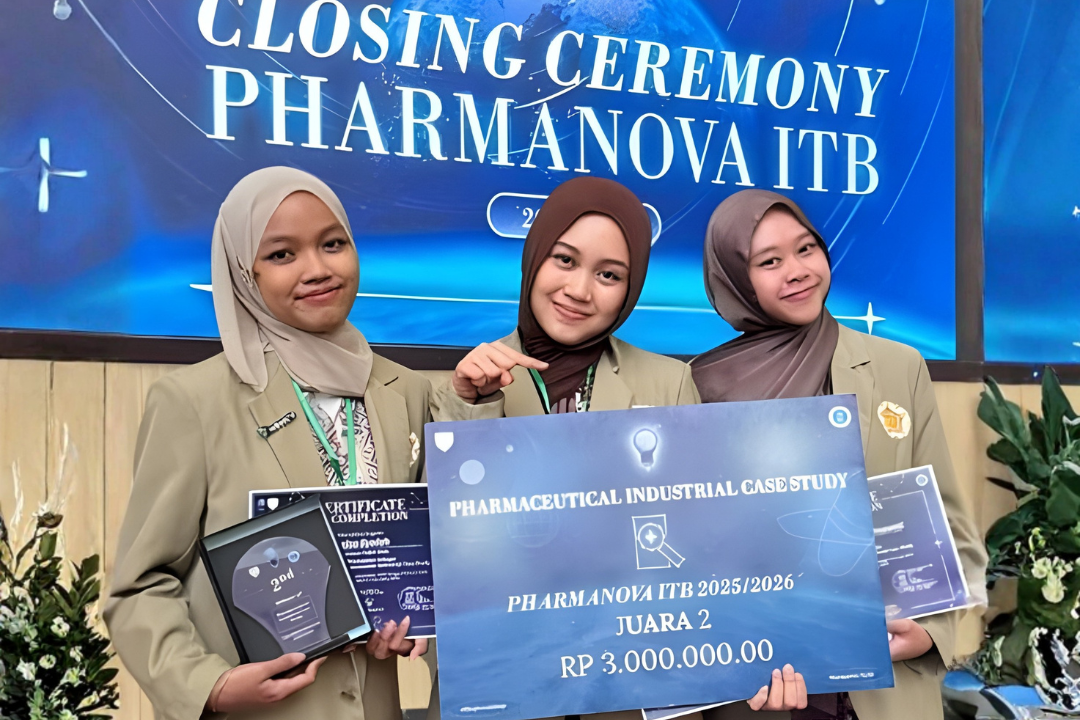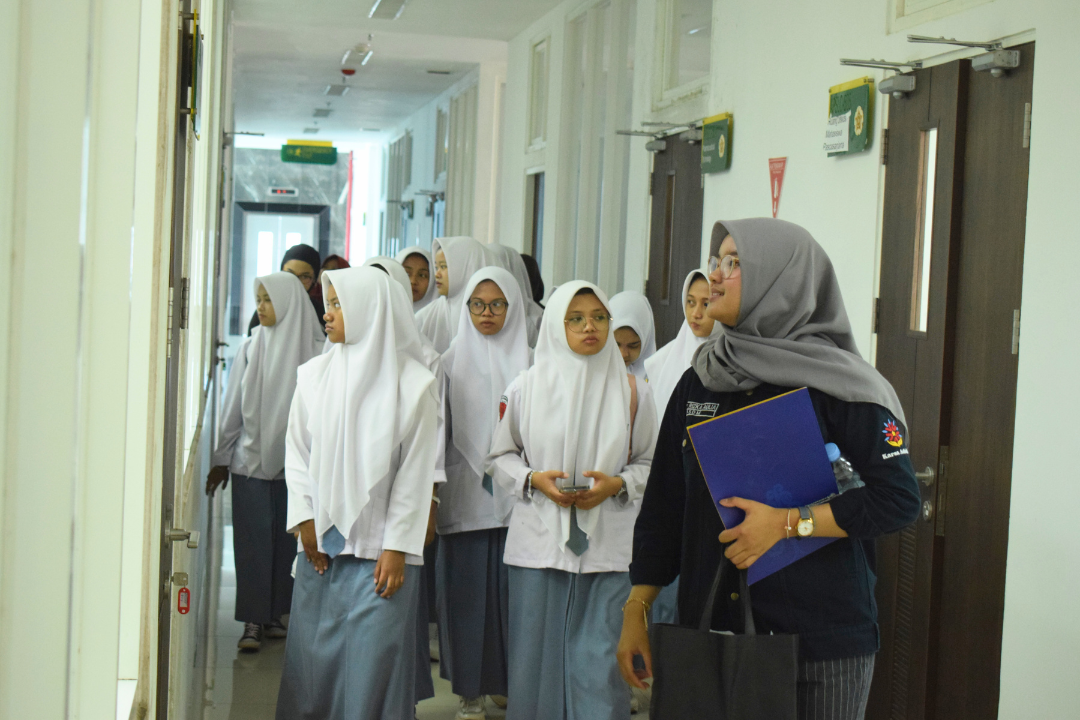Yogyakarta, July 11, 2024 – The Faculty of Pharmacy at Gadjah Mada University (UGM) recently partnered with the Drug and Food Testing Laboratory under the National Agency of Drug and Food Control (BPOM) to host a training program on “Species-Specific DNA Primer Design and Bioinformatics in Drug and Food Testing.” This initiative, held at the APSLC Building, Faculty of Pharmacy, UGM, from July 7 to 11, 2025, aimed to bolster the technical capabilities of BPOM personnel.
This intensive program, a direct result of the collaboration between UGM’s Faculty of Pharmacy and BPOM’s testing laboratory, was designed to sharpen the laboratory staff’s skills in molecular biotechnology-based testing. Four BPOM representatives participated in the training, which featured comprehensive lectures and hands-on laboratory sessions.
As a laboratory playing a crucial role in chemical, microbiological, and molecular biological testing, and actively involved in cross-sector oversight and investigations (alongside the Indonesian National Police, National Narcotics Agency, State Intelligence Agency, and other relevant institutions), enhancing staff capacity is absolutely vital. This ensures that testing data is accurate, valid, and legally defensible, ultimately protecting the public from potentially harmful products.
The training curriculum covered foundational theories in biotechnology, bioinformatics, and species-specific DNA primer design. Participants also gained practical experience in primer design, sequence alignment analysis, using bioinformatics applications, and interpreting sequencing results, including troubleshooting common issues. This holistic approach provided a thorough understanding from conceptual basics to practical applications.
Specifically, the training equipped participants with in-depth knowledge of DNA primer design criteria for target amplification via PCR, leveraging bioinformatics tools to access biological sequences, and utilizing Next Generation Sequencing (NGS) technology for microbial identification in drug and food samples.
This training reflects the synergy of various Sustainable Development Goals (SDGs). The collaboration between UGM and BPOM serves as a tangible example of implementing SDG 17, Partnerships for the Goals, uniting the strengths of academia and government. Its primary objective is to ensure the safety of drugs and food, which directly supports the achievement of SDG 3, Good Health and Well-being. This is accomplished through the application of advanced technologies such as bioinformatics and NGS, which promotes SDG 9, Industry, Innovation, and Infrastructure by enhancing the nation’s research and technological capabilities. Ultimately, this competency enhancement ensures that testing data is legally accountable, thereby reinforcing BPOM as an effective and accountable public institution in line with the mandate of SDG 16, Peace, Justice, and Strong Institutions.
Upon completion of the training, participants are expected to possess stronger skills and a deeper understanding to support their laboratory duties in maintaining the safety and quality of products circulating in Indonesia. This enhanced competence will also fortify the scientific foundation for law enforcement processes related to drug and food oversight.

